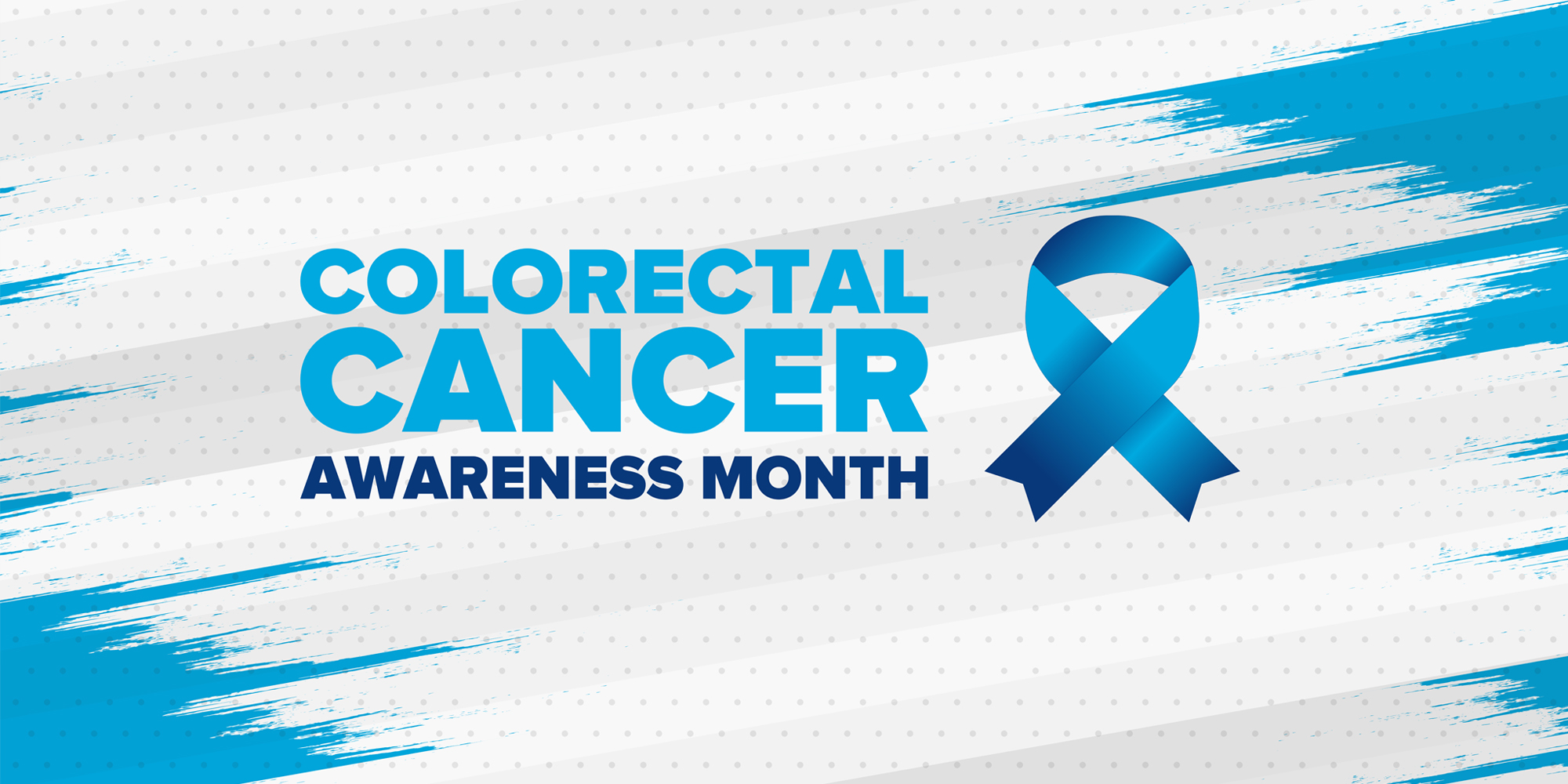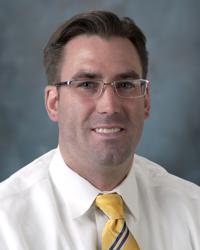A Colorectal Cancer Screening Can Save Your Life, But Most of Us Just Don't Get It
February 26, 2025
Categories: Colorectal Cancer, Cancer Care, Health & Wellness
 By Joshua M Eberhardt, MD, Colorectal Surgery
By Joshua M Eberhardt, MD, Colorectal Surgery
If there were a test that could prevent a common type of cancer, you would get it, right?
And if the screening was for the type of cancer that causes the second-highest number of cancer deaths, nothing could stop you, right?
There is such a screening, but only half of those who've been told they need it, get it.
Who should get a colorectal screening?
Colorectal cancer is one of two cancers that can be prevented. It can be caught very early and treated successfully, yet only lung cancer causes more cancer deaths.
About 150,000 Americans are diagnosed with colorectal cancer each year, and more than 50,000 people die from it. 1 in 20 people will be diagnosed with colorectal cancer.
Current guidelines call for everyone to be screened for colon and rectal cancer beginning as early as age 45, or earlier if there is a family history or other risk factors. It is considered standard preventive care and is covered by insurance.
If you're experiencing any symptoms of colon cancer or are at a higher risk, it's important to get screened as the disease has one of the highest survival rates when caught early. Oftentimes, symptoms do not appear in early stages of the disease. Do not wait for symptoms before talking to your doctor.
The most common reasons people put off or refuse colorectal screening fall under one category: fear of the unknown. Many worries are unfounded or manageable, but they are common.
Understanding the process will help, so let's address those concerns by answering some questions about screening for colon cancer.

What type of colorectal screening tests are available?
There are two types of colorectal screening tests: those that detect cancer and precancerous tissue called polyps and those that detect only cancer.
- Stool (feces) tests for blood or DNA are designed to detect cancer
- Colonoscopy, CT colonography, (virtual colonoscopy) and sigmoidoscopy (examines about half of the colon) can detect both cancer and polyps
These tests are offered at Loyola, and your doctor can advise you on when you need a screening and which type is recommended.
Colonoscopy is considered the gold standard in colorectal cancer screening because it allows the physician to test tissue and/or to remove precancerous polyps. That means:
- If polyps (precancerous growths) are found, they can be removed
- If a tumor or cancer is found, it can be removed in follow-up surgery
- If nothing is found, you probably don't need to do this again for 10 years
Loyola performs above the national average on colonoscopy quality measures, such as examining the entire colon, detecting polyps and having good bowel preparation.
Will I have to miss work to have a colonoscopy performed?
You should not work the day of your colonoscopy, and you will need to have someone drive you home after the procedure.
Usually, patients may work the day before and the day after.
If you do not want to miss work on a weekday, you could look into scheduling a Saturday appointment at Loyola.
What worries patients the most about colonoscopies?
Because the test is ordered as a screening test, very many people who need it have been healthy their whole lives and have no alarming symptoms. They've never needed to come to the hospital or medical office for any kind of procedure.
They fear what they don't know and worry about what the process will be like.
Here is how the appointment usually goes:
- You will be given a gown and an intravenous connection to your arm
- The doctor will come in and talk with you and explain the process again
- You will be sedated but conscious and breathing on your own. It's unlikely you would have general anesthesia
- The procedure lasts 20 to 40 minutes, 30 minutes on average
- Most people don't remember or feel anything
- When you are finished, you will be given a report on what the test showed
- Afterward, you may eat whatever you would like, but you cannot drive or go to work
What should I do to prepare for the colonoscopy?
Preparing for the test is crucial to having a complete and accurate test. Patients often hesitate to have a colonoscopy because they are worried about the preparation.
A colonoscopy is an endoscopic examination, which is like a camera inside you that shows the inside of the colon. For the doctor to see the entire colon clearly, the bowels must be empty. That requires bowel preparation.
Our digestive health team works closely with Loyola primary care physicians, who have clear instructions for what you would need to do the day before the test. We go over your medications, like those for high blood pressure or diabetes, so nothing interferes.
Do I really have to drink a gallon of nasty liquid for a colonoscopy?
You will need to drink a large amount of a special, prescribed liquid. These liquid solutions often contain polyethylene glycol and electrolytes which are osmotic laxatives that draw water into the stool to facilitate bowel movements.
For the simplest and most effective preparation, you will be instructed to consume only liquids the day before the test.
Will I be nauseated when preparing for the colonoscopy?
It is possible, but we can treat the nausea before and after the procedure.
What if I can't drink the prescribed liquid when preparing for the colonoscopy?
To make the process easier, you will be asked to drink it in two parts – often the evening before and the morning of the test.
We provide contact information in case you have questions or are having difficulty consuming the drink. Someone is always available, even after hours.
When preparing for the colonoscopy, is it true I'll visit the bathroom often?
You will want to stay near a bathroom while your complete the preparation as you are likely to have multiple bowel movements throughout the evening before the exam.
Honestly, it isn't as awful as people may think.
A colonoscopy can give you peace of mind and may even save your life. It has for a countless number of people who followed the screening guidelines and completed the test.
It's just one day. Just one day that can save your life.
Treating colon cancer with robotic surgery
At age 46, Jennifer Anderson was diagnosed with colon cancer. Since several people in her family also had colon cancer, her colonoscopy screenings started at an early age. Jennifer and her husband Tom came to Loyola for a second opinion. They formed an immediate connection with Loyola Medicine colorectal surgeon Joshua Eberhardt, MD. Dr. Eberhardt performed a robotic surgery to remove Jennifer's cancer.
Joshua Eberhardt, MD, is a colon and rectal surgeon at Loyola Medicine. His clinical interests include colon cancer, endoscopy, rectal cancer and surgical treatment of inflammatory bowel disease.
Dr. Eberhardt earned his medical degree at University of Wisconsin Medical School and completed a residency in general surgery at Loyola University Medical Center and a fellowship in colorectal surgery at Cleveland Clinic Foundation.
